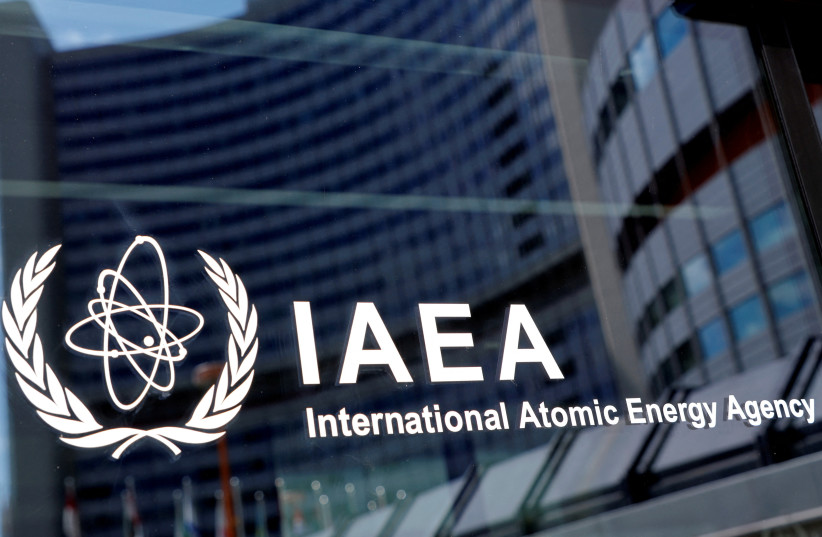Iran is concerned that if a new agreement is reached in Vienna, the next US administration might leave it just like the Trump administration did the Obama-era Iran Deal.
This presents Iran with a unique bargaining strategy and has also led it to try to explain the US method of negotiation.
An article at Fars News calls this the “American-style negotiation: Democrats agree, Republicans collapse [the agreement].”
Iran says that “a look at the American style of negotiation shows that the Yankees have two main methods of negotiation: first, they set a final goal before the negotiation and do not fall short of it, and second, one party agrees and the other party that comes to power questions the agreement.”
The Iranian analysis has already begun to read reports that Republicans will oppose any new deal and seek to leave it in 2025. Iran wants sanctions removed as part of any agreement. Its analysis now means it wants to rely more on Russia and China and not be tethered to uncertainty in DC.
Iran has played close attention to statements by US and European officials and says that while it complied with the 2015 deal, the US abandoned it. “The Republicans’ reason for leaving, said the statements, was a ‘bad deal.’”

Iran’s discussion of the US strategy compares President Joe Biden’s statements before taking office with the US strategy now. Iran knows that while Biden would like a return to the deal, it is not clear how much political capital Washington will invest in it.
The report notes the views of Russia, US Republican politicians and others in framing how the deal may be negotiated. Tehran says it is also weighing the issue of indirect or direct discussions with the US.
In short, Iran wants guarantees from the US that it will not withdraw from another deal by 2025. This concern now seems to cloud Tehran’s perception of the Vienna talks. If Iran can’t get sanctions relief and guarantees, it appears to be setting itself up to walk away from the talks or drag them out.
This is important because Iran is seeking to understand not only the US negotiation methods but also how US domestic policy may affect its decisions.
Iran has been enriching uranium and holding the enrichment as a threat to leverage against the US. But if Iran also doesn’t trust the US then it may calculate that it’s not worth returning to any kind of long-term deal.
This isn’t a talking point apparently. Iran really thinks the Republicans will leave any kind of deal if they return to power and appears to think the GOP might be back in charge by 2025.
